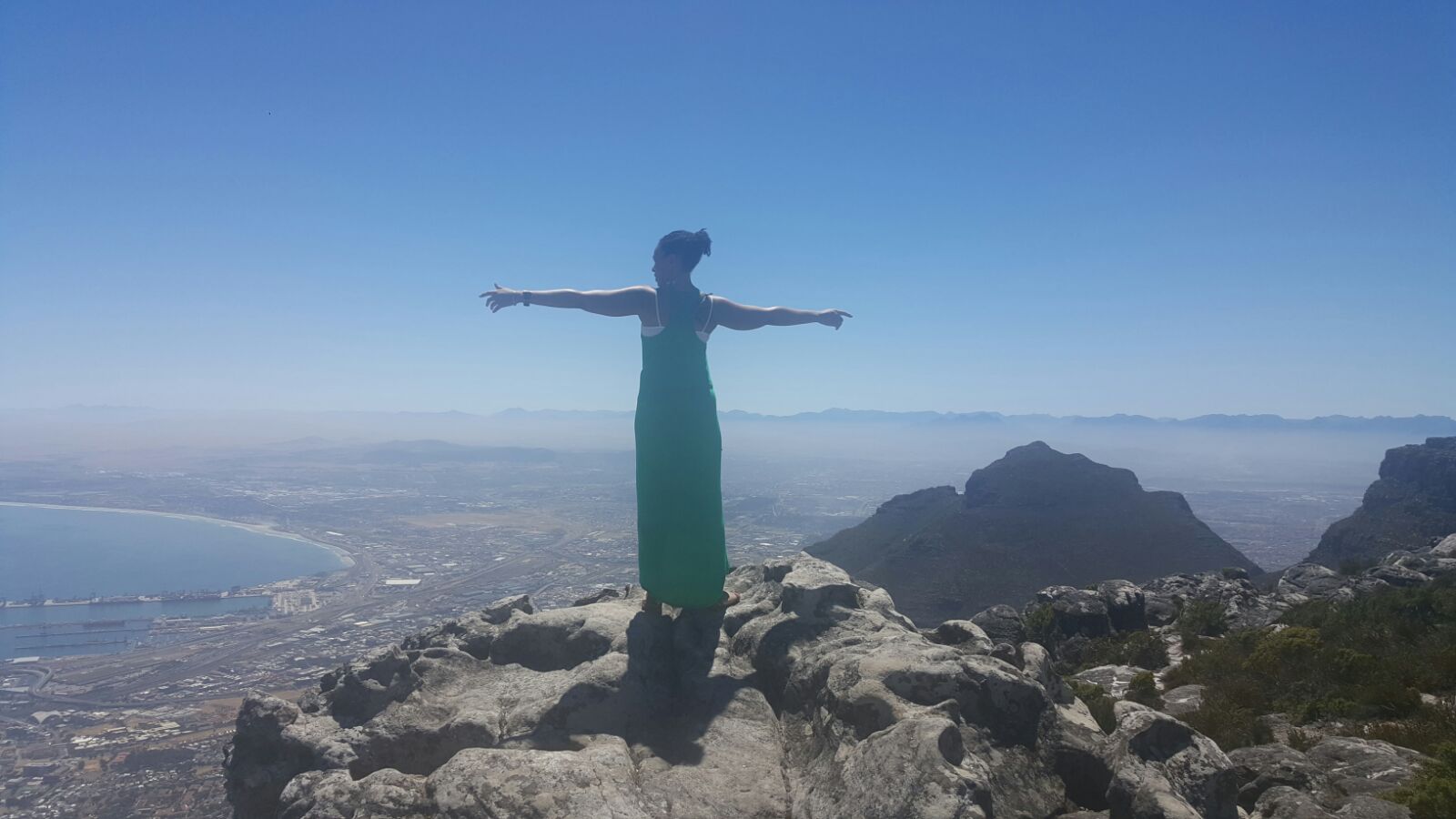
My first day of clinical orientation consisted of shadowing one of the other newer doctors on staff around for the day. She has been here three months and has a fondness of the maternity services as well. As with many small community hospitals, the expectation though is to “help out” all around as situations arise. A typical day starts with Morning Prayer and announcements in the atrium, followed by morning report with the clinical staff before we report to our designated areas. The physicians then round on the wards, for me this includes what’s equivalent to labor and delivery, the newborn nursery and postpartum. For those of you in the field, it is truly baby friendly here. The dyad are kept together and cared for together unless more specialized infant care is needed. Even then, as in the case of prematurity, the mother serves as the incubator in what’s called kangaroo care (infants are placed skin to skin on the mother’s chest and kept there for 24 hours a day). I round with the nurses who offer insight into the policies and procedures of the hospital as well as translate for me. Most patients speak Swahili and some, only the local dialect, Kikamba.
After rounds, if there are no scheduled cesarean sections, I can assist in the minor theatre, a well equipped procedure room adjacent to the major theatre, or operating room. Here patients are seen as referrals from the outpatient triage area and inpatient follow-ups. The queue includes women, men and children. These patients may be seen for variety of indications, including simple dressing changes or I&D’s, fractured bones, pre-operative consultations, skin grafts, pelvic pain evaluations or prenatal complications. The attending physicians in the area are well versed in all aspects of medicine, with only the most complicated cases referred out to a larger hospital. The day typically ends around 5 pm when the call person takes over to handle any issues overnight. Like the other physicians and some of the staff, I live on the hospital compound, making this my shortest commute yet!
I must say, I was a bit overwhelmed after that first day. The number of variables presented were steep, a new country, a new hospital, new languages and a new medical culture. Mentally and physically exhausted (as my sleep had not yet regulated) I came home and took a nap. The second day was better; I led ward rounds and assisted a bit in the minor theatre. I even scheduled a case for the major theatre the following week. As with any new experience, each day builds on the day before. I am grateful for the warm reception and the patience the other clinicians and staff have afforded me as I adjust to this new space.







*Daktari is Swahili for Doctor
